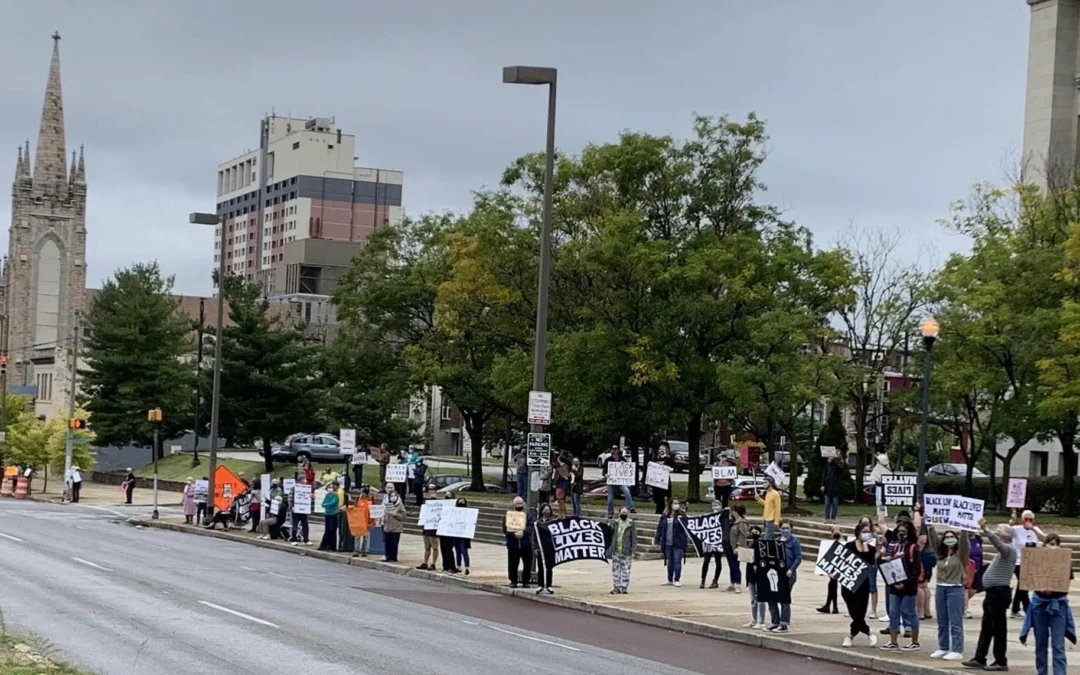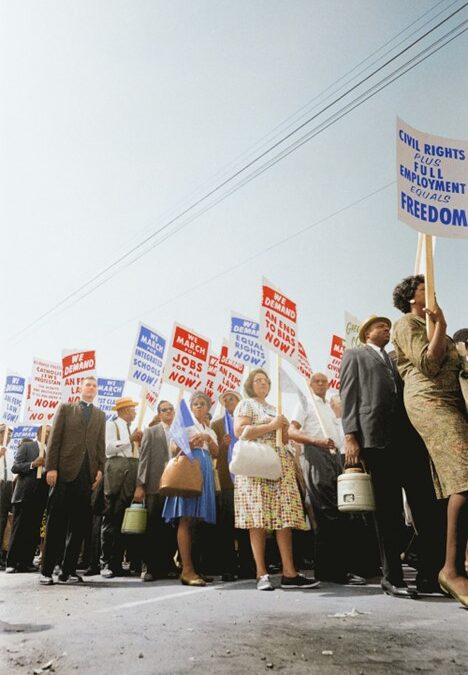If you’ve seen one nonprofit board, you’ve seen one nonprofit board. There are those that drive change and those that prevent it. Boards that raise money and boards that don’t. Those living in the weeds and those that function at nosebleed heights.

Tom Adams
See our Resource Pages for additional information on each topic.

If you’ve seen one nonprofit board, you’ve seen one nonprofit board. There are those that drive change and those that prevent it. Boards that raise money and boards that don’t. Those living in the weeds and those that function at nosebleed heights.

March is Women’s History Month. This week’s post reflects on what that might mean to each of us. Designating a time to focus on the role of women got its start with the first International Women’s Day on March 8, 1911. In the United States, the School Board in Sonoma County CA expanded attention to women’s history from one day to a week of events in 1978. In 1980, President Jimmy Carter declared the week of March 8 National Women’s History Week in the United States. In 1987, Congress made this celebration permanent and expanded it to the full month of March.

Across the country, there has been blowback against initiatives focused on diversity, equity, and inclusion.
Florida is one of the states taking a strong policy and governing approach against these initiatives. Governor Ron DeSantis, with his now unsuccessful bid for the US Presidency, has initiated policies that are oppressive to people of color and the LGBTQ community. And ultimately all of us as state residents.

As Black History Month comes to an end, and hopefully we plan to continue learning and acting for racial justice, this week’s post reflects on the many possible ways to take action for racial justice. Reading and knowledge are suggested, yet not enough.

This month I am exploring ways to pay attention to Black History. Everyone’s history is everyone’s history if we are all one and equal. Given the difficulty we have had learning accurate Black History, being intentional for a month (or a lifetime) about learning is essential to deepening understanding and advancing equity.

Last week’s post made the case that paying attention to Black History Month is more important than ever. And it is important for everyone, regardless of race, ethnicity, or politics. This week I will explore some of the many types of learning opportunities, and what I am learning from a couple of examples.

February and Black History Month have arrived. Given the polarized condition of race relations in America, paying attention to the gifts and opportunities that this annual celebration feels more important than ever to me. The next four posts will focus on some aspects of learning and understanding Black History, and an exploration of what we individually and collectively might learn and do to advance “liberty and justice for all.”

Last week’s post celebrated the wedding anniversary of Bill and Lois Wilson, co-founders of Alcoholics Anonymous (Bill) and Al-Anon Family Groups (Lois). We looked at their life and legacy from the point of view of our national aspirations of “liberty and justice for all”. We explored how many people today are free from the hell of alcohol, drugs, and other addictions because of the Twelve Step movement the Wilsons and others pioneered.

Yesterday our nation celebrated the birthday of Dr. Martin Luther King, Jr. This year the federal holiday coincided with Dr. King’s actual birthday, January 15, 1929. In five years, it will be one hundred years since Dr. King was born and fifty-six years since he was killed on April 4, 1968, in Memphis TN working for labor rights for sanitation workers.

As a consultant who works with nonprofit organizations, I have a specific interest in succession and in seeing organizations becoming more equitable. A word that we often hear in this work is leadership. This word, for me, has some deep, almost ancestral resonance while at the same time making me a little uneasy.